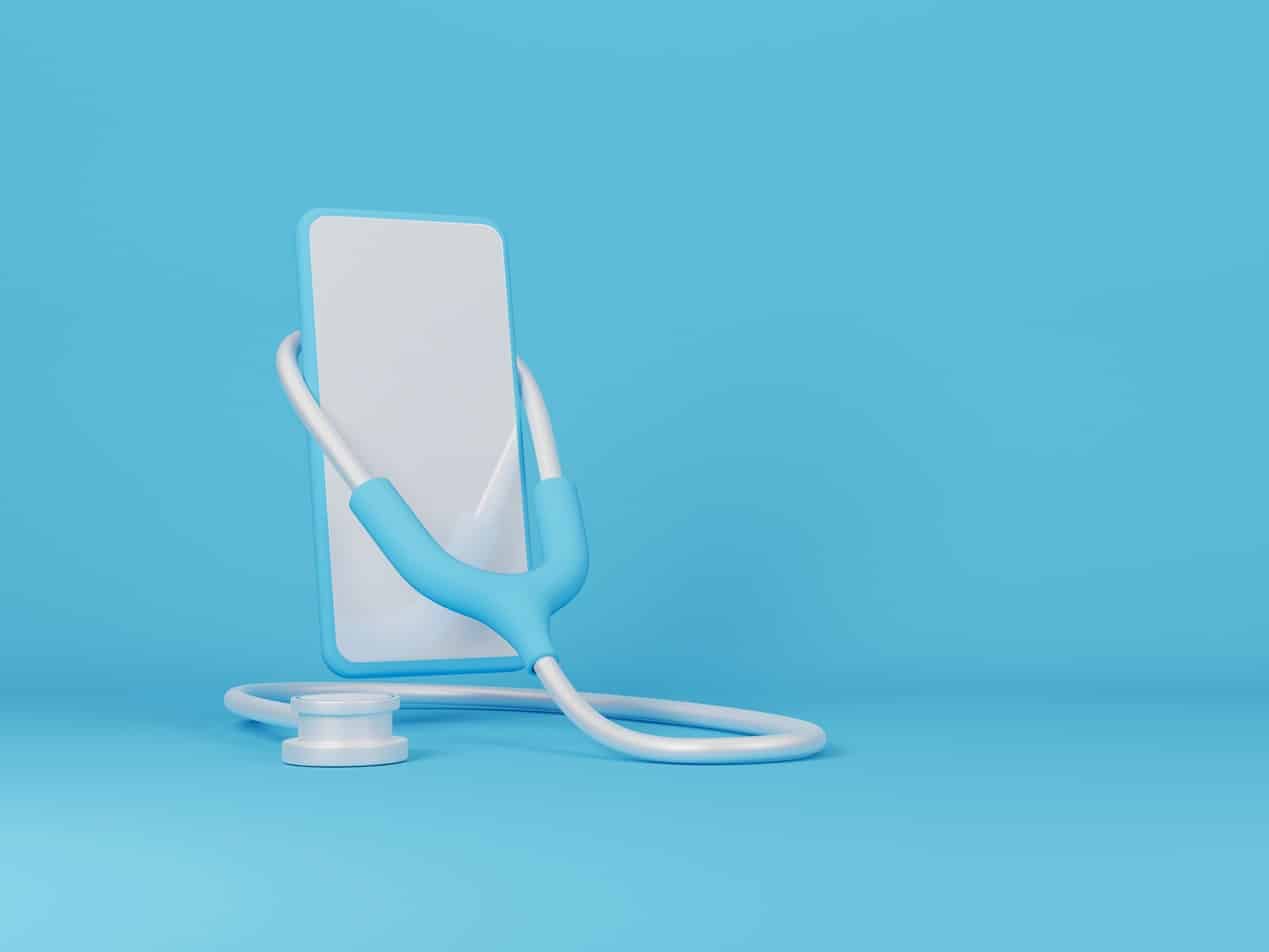%20-%202024-09-21T230348.759.jpg)
Group chats can be HIPAA compliant, but not all chat platforms are automatically secure enough to meet HIPAA's standards. To be HIPAA compliant, group chats protect PHI during transmission, storage, and access.
HIPAA compliance in communication
HIPAA was enacted to protect the privacy and security of PHI, which includes any information related to a patient's health status, treatment, or payment for healthcare services. The law applies to healthcare providers, health plans, and other covered entities, as well as their business associates. HIPAA also sets forth specific requirements for how PHI should be handled, particularly in electronic communications, to prevent unauthorized access, breaches, and misuse.
Digital communication tools such as email, text messaging, and group chats fall under HIPAA's purview when they involve the transmission or storage of PHI. As group chats have become increasingly common in healthcare settings, ensuring these platforms comply with HIPAA is critical to protecting patient privacy.
See also:
Ensuring HIPAA compliance in group chats
To determine whether a group chat platform is HIPAA compliant, healthcare organizations must have the following in place:
Encryption
HIPAA requires that any electronic transmission of PHI be encrypted to protect it from unauthorized access or interception. Encryption ensures that even if a communication is intercepted, the content cannot be read or deciphered without the proper decryption key.
There are two primary forms of encryption to consider:
- Encryption in transit refers to the protection of data as it is transmitted between devices or over networks. In the case of group chats, encryption in transit ensures that messages cannot be intercepted and read by unauthorized individuals as they move from one user to another. According to Google Cloud, “Transport Layer Security (TLS) is often used to encrypt data in transit for transport security,” making it the gold standard.
- Encryption at rest refers to the protection of data that is stored on servers or devices. Even when group chat messages are not actively being transmitted, they may be stored on the platform's servers or within a user’s device. Encryption at rest ensures that PHI is protected from unauthorized access, even if the server or device is compromised. Advanced Encryption Standard (AES) is considered the gold standard for encryption at rest.
To ensure HIPAA compliance, healthcare organizations should only use group chat platforms that provide encryption in transit and at rest.
Access control
Group chats involving PHI must restrict access to authorized individuals, ensuring only those with a legitimate need to access the information can participate in the conversation.
Healthcare organizations should implement role-based access controls (RBACs), which assign different access levels based on a user’s role in the organization.
In addition to role-based access, covered entities must verify the identity of users accessing the chat platform through strong authentication mechanisms, such as two-factor authentication (2FA). 2FA requires users to provide two forms of identification (such as a password and a one-time code sent to their phone) before accessing the group chat, reducing the risk of unauthorized access.
Audit controls
HIPAA requires covered entities to implement audit controls that monitor and track access to PHI. Group chat platforms must provide detailed logs that document who accessed the chat, when they accessed it, and what actions were taken. These audit logs can detect and respond to potential security incidents, such as unauthorized access or data breaches.
Audit logs should be regularly reviewed by healthcare organizations to ensure that all access to PHI is legitimate and that no unauthorized individuals are participating in group chats containing sensitive information. Additionally, these logs should be stored securely and made available for audits and investigations.
Business associate agreement (BAA)
A business associate agreement (BAA) is a legal contract that outlines the responsibilities of third-party service providers (business associates) in protecting PHI. HIPAA requires that covered entities enter into a BAA with any service provider that handles PHI on their behalf, including group chat platforms.
The BAA ensures that the chat platform provider agrees to adhere to HIPAA’s privacy and security standards when handling PHI. It also outlines the provider's obligations in the event of a data breach, as well as the penalties for non-compliance. Without a BAA, a group chat platform to transmit or store PHI would violate HIPAA.
Data storage and security
In addition to protecting PHI during transmission, healthcare organizations must ensure that data is securely stored when it is not actively being used.
Group chat platforms should use secure data centers and servers that are protected by robust security measures, such as firewalls, intrusion detection systems, and physical security controls. Furthermore, the platform should have clear data retention policies in place that specify how long PHI will be stored and when it will be securely deleted.
Read more: HIPAA data storage requirements
User authentication
User authentication ensures that only authorized individuals can access PHI in group chats. Strong authentication mechanisms help reduce the risk of unauthorized access, even if a user’s login credentials are compromised.
In addition to using complex passwords, healthcare organizations should implement multi-factor authentication (MFA), which requires users to provide two or more forms of identification before accessing the chat platform.
Pitfalls to avoid when using group chats in healthcare
While group chats can be HIPAA compliant, there are several common pitfalls that healthcare organizations should be aware of:
- Using unsecured platforms: Many popular group chat platforms, such as WhatsApp and standard SMS, do not meet HIPAA’s encryption and security requirements. These platforms should not be used for transmitting PHI unless they have been specifically configured to comply with HIPAA.
- Failing to obtain a BAA: Using a group chat platform without a signed BAA is a violation of HIPAA.
- Neglecting regular audits: HIPAA requires ongoing monitoring and auditing of access to PHI. Failing to regularly review audit logs or track user activity can lead to undetected breaches or non-compliance issues.
- Lack of training: Healthcare organizations must provide regular training to staff on HIPAA compliance, secure communication practices, and the proper use of digital tools.
FAQs
Can personal devices be used for HIPAA compliant group chats?
Yes, personal devices can be used for HIPAA compliant group chats if the platform is secure and adheres to HIPAA standards. The device must be configured with encryption, strong authentication, and access control measures. Healthcare organizations should also implement mobile device management (MDM) policies to monitor and secure personal devices used for work purposes.
Can patients participate in HIPAA compliant group chats?
Yes, patients can participate in HIPAA compliant group chats as long as the platform is secure and meets HIPAA requirements, including encryption and access controls. However, healthcare providers should inform patients about the potential risks of electronic communication and obtain their consent to use such platforms for transmitting PHI.



%20-%202024-10-31T154801.611.jpg)
